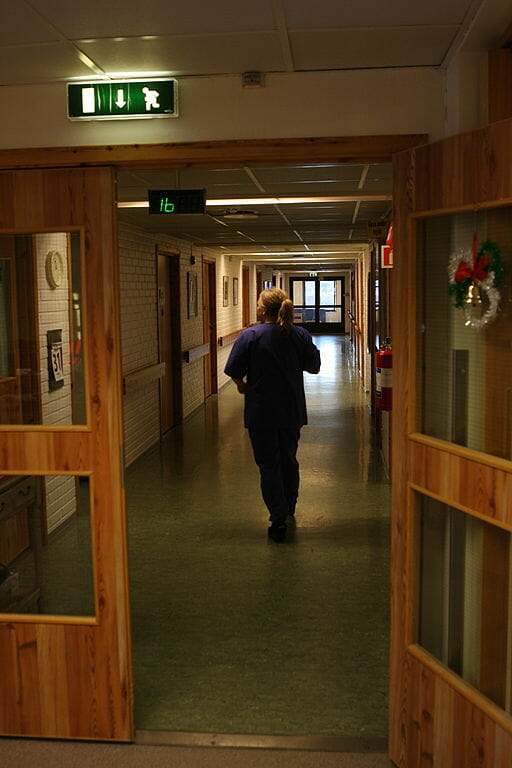News
Nursing home air quality and lung health

A recent study published in the European Respiratory Journal, the journal of the European Respiratory Society, demonstrates how poor indoor air quality can dramatically affect the respiratory health of elderly patients, the European Lung Foundation reports.
The study, which was funded by the European Union as part of its GERIE program (Geriatric study in Europe on health effects of air quality in nursing homes), examined pollutant levels in 50 nursing homes in Belgium, Denmark, France, Greece, Italy, Poland, and Sweden. Researchers focused on five pollutants that come from HVAC systems, cleaning products, furniture, and construction materials:
- Particulate matter smaller than 10 microns (PM₁₀)
- Particulate matter smaller than 0.1 microns (PM₀.₁)
- Formaldehyde (CH₂O)
- Nitrogen dioxide (NO₂)
- Ozone (O₃)
The study concluded that exposure to high levels of PM₁₀ and nitrous oxide correlated strongly with cough and shortness of breath, while PM₀.₁ was closely associated with wheezing. Nursing home residents exposed to formaldehyde were more likely to develop chronic obstructive pulmonary disease (COPD). Interestingly, the links between pollution and disease were observed even when pollutant levels remained within regulatory limits.
Dr. Isabella Annesi-Maesano of the Université Pierre et Marie Curie in Paris led the research team, which followed 600 European nursing home residents aged 65 and older. Patients over the age of 80 were observed to have a heightened risk of developing respiratory diseases, which is consistent with the human body’s decreasing tolerance for air pollution with age.
Both external pollutants and internal contaminants affect indoor air quality. While the responsibility lies with facilities managers and building owners to ensure that building exhaust meets regulatory requirements, an effective indoor airflow strategy is critical for ensuring occupant comfort and health.
The full journal article is available online at no cost.
References
- “Air Quality in Nursing Homes Affecting Lung Health of Residents.” European Lung Foundation – ELF. Accessed March 12, 2015. http://www.europeanlung.org/en/news-and-events/news/air-quality-in-nursing-homes-affecting-lung-health-of-residents.
- Bentayeb, Malek, Dan Norback, Micha Bednarek, Alfred Bernard, Guihong Cai, Sonia Cerrai, Konstantinos Kostas Eleftheriou, et al. “Indoor Air Quality, Ventilation and Respiratory Health in Elderly Residents Living in Nursing Homes in Europe.” European Respiratory Journal, March 11, 2015, ERJ – 00824–02014. doi:10.1183/09031936.00082414.
